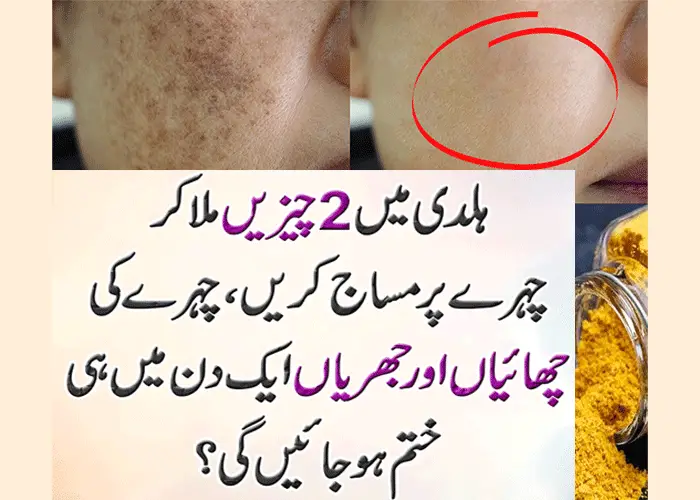Skin pigmentation issues can be distressing, affecting not only one’s appearance but also confidence levels. Understanding the causes, treatments, and effective remedies for skin pigmentation is essential to regain clear and radiant skin.
1. Introduction
Skin pigmentation refers to the discoloration or darkening of the skin due to various factors. While it is a common condition, finding the right treatment can be challenging. This article explores the causes, medical treatments, and home remedies for skin pigmentation.
2. Understanding Skin Pigmentation





What is Skin Pigmentation?
Skin pigmentation occurs when melanin, the pigment responsible for skin color, is produced unevenly. It can result in patches of skin that are darker or lighter than the surrounding area.
Causes of Skin Pigmentation
Skin pigmentation can be triggered by multiple factors, including:
- Sun Exposure: Overexposure to sunlight can stimulate melanin production, leading to dark spots or sunspots.
- Hormonal Changes: Pregnancy, hormonal medications, and hormonal imbalances can cause melasma, a type of skin pigmentation.
- Inflammation: Skin injuries, acne, or inflammation can result in post-inflammatory hyperpigmentation.
- Genetics: Some individuals are predisposed to certain types of skin pigmentation due to their genetic makeup.
Types of Skin Pigmentation
There are various types of skin pigmentation disorders, including:
- Melasma: Characterized by dark patches, usually on the face, melasma is often triggered by hormonal changes.
- Sunspots: Also known as solar lentigines, sunspots are dark spots caused by prolonged sun exposure.
- Post-Inflammatory Hyperpigmentation (PIH): This type of pigmentation occurs after skin inflammation or injury, such as acne scars or cuts.
3. Medical Treatments for Skin Pigmentation
Topical Creams
Topical creams containing ingredients like hydroquinone, retinoids, kojic acid, or azelaic acid can help lighten dark spots and even out skin tone.
Chemical Peels
Chemical peels involve the application of a chemical solution to the skin, which exfoliates the top layer, revealing smoother and more evenly pigmented skin underneath.
Laser Therapy
Laser therapy targets pigmented areas of the skin with high-intensity light, breaking down melanin and stimulating collagen production for clearer skin.
Cryotherapy
Cryotherapy involves freezing the pigmented areas of the skin with liquid nitrogen, causing the dark spots to peel off and reveal lighter skin underneath.
4. Home Remedies for Skin Pigmentation
Lemon Juice
The natural bleaching properties of lemon juice can help lighten dark spots. Apply freshly squeezed lemon juice to the affected areas and leave it on for 10-15 minutes before rinsing off.
Aloe Vera Gel
Aloe vera gel contains compounds that soothe and lighten the skin. Apply fresh aloe vera gel to the pigmented areas and leave it on overnight for best results.
Yogurt Mask
Yogurt contains lactic acid, which gently exfoliates the skin and promotes cell turnover. Mix yogurt with a few drops of lemon juice and apply the mask to the skin for 20 minutes before rinsing off.
Turmeric Paste
Turmeric has anti-inflammatory and brightening properties. Mix turmeric powder with milk or honey to form a paste, apply it to the skin, and leave it on for 15-20 minutes before washing off.
5. Prevention Tips
- Use Sunscreen: Protect your skin from harmful UV rays by applying sunscreen daily.
- Avoid Harsh Products: Avoid using harsh skincare products that can irritate the skin and trigger pigmentation.
- Stay Hydrated: Drink plenty of water to keep your skin hydrated and healthy.
6. Conclusion
Dealing with skin pigmentation can be challenging, but with the right knowledge and treatment, you can achieve clearer and more even-toned skin. Whether opting for medical treatments or trying home remedies, consistency is key in managing skin pigmentation effectively.






